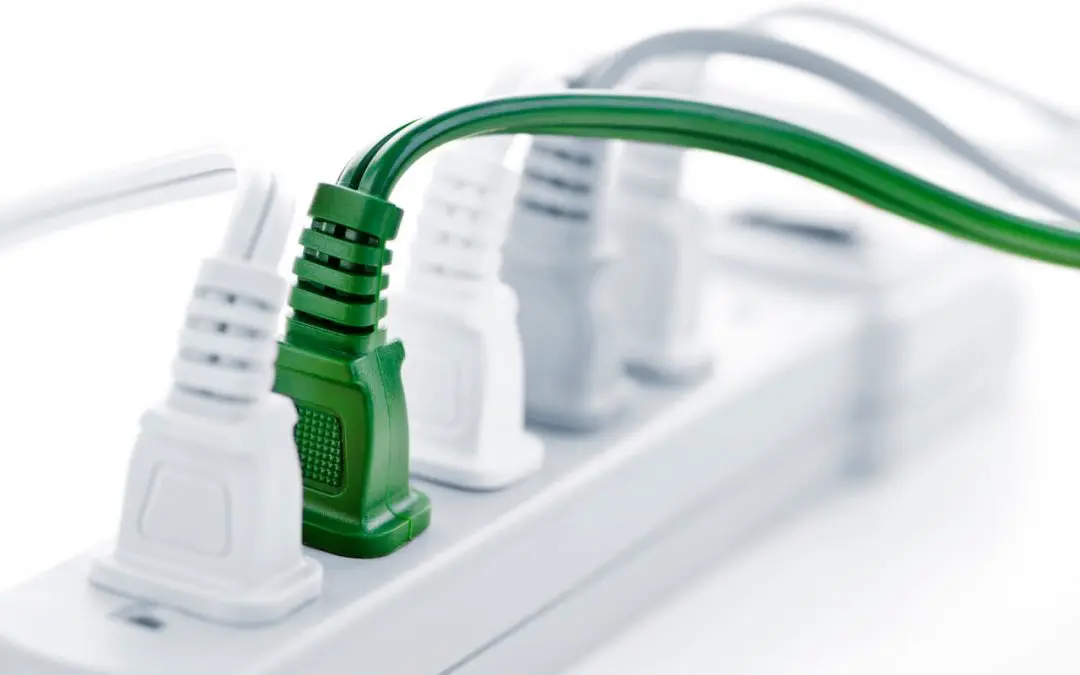Every year in the United States, thousands of house fires occur due to electrical safety issues. Electrical fires start and spread rapidly, which means that you might not even notice there is a problem until it’s too late. The best way to avoid a fire or other electrical issues is by being proactive and safe around electricity. Here’s what every homeowner should know.
Water and Electricity Don’t Mix
When using electronic devices and appliances, make sure they are well away from water and keep drinks and other liquids away from the device. Never use your mobile phone or laptop in the bath. Dry your hands thoroughly before plugging in an appliance like a hairdryer or toaster oven. In damp areas of your home, like the kitchen and the bathroom, install GFCI outlets to help prevent electrical shock.
Electrical Safety: Don’t Overload Circuits
The circuits in your home, especially if it is an older home, might not be sufficient for modern electronics and appliances. Circuit breakers can trip if too many devices are plugged in and operating at the same time.
This is more likely to happen, even with a modern electrical system, if you frequently use extension cords and power strips to power multiple devices. To practice electrical safety, don’t overload the circuits in your home. Call an electrician if you notice:
- warm switch plates
- discolored light switches or outlets
- a burning smell near switches or outlets
- Lights that dim or flicker
- frequently tripped breakers
- buzzing sounds from outlets or behind walls
Switch to GFCI Outlets
When it comes to electrical safety, GFCI outlets are a safer choice. These outlets work by immediately closing the circuit if there is a shock risk detected. This helps prevent a fire from starting and keeps you from getting shocked.
GFCI outlets are commonly used in areas of the home where moisture is a concern, like a basement, kitchen, and bathroom. However, you can also install them elsewhere in your house to improve safety.
Careful Use of Extension Cords is Part of Electrical Safety
Extension cords are responsible for more than 3,000 house fires each year. These cords are designed for temporary use, as they have a higher risk of overheating and igniting with long-term use. Don’t plug extension cords into one another, don’t use indoor cords outside, and never place cords under carpets or across doorways.
Make Sure You Know How to Cut the Power
Every adult in the house should know how to safely cut the power to your home in the event of an emergency. Teach each family member where the breaker box is, how to reset a circuit that has tripped, the proper way to turn off the electricity to a specific part of the house, and how to turn off all of the power. Learning about electrical safety ahead of time will make sure everyone knows what to do in an emergency.
Esham Inspections provides inspections along the Delmarva Peninsula, including the Eastern Shore of Maryland and Sussex County, Delaware. Contact us to request our services.

